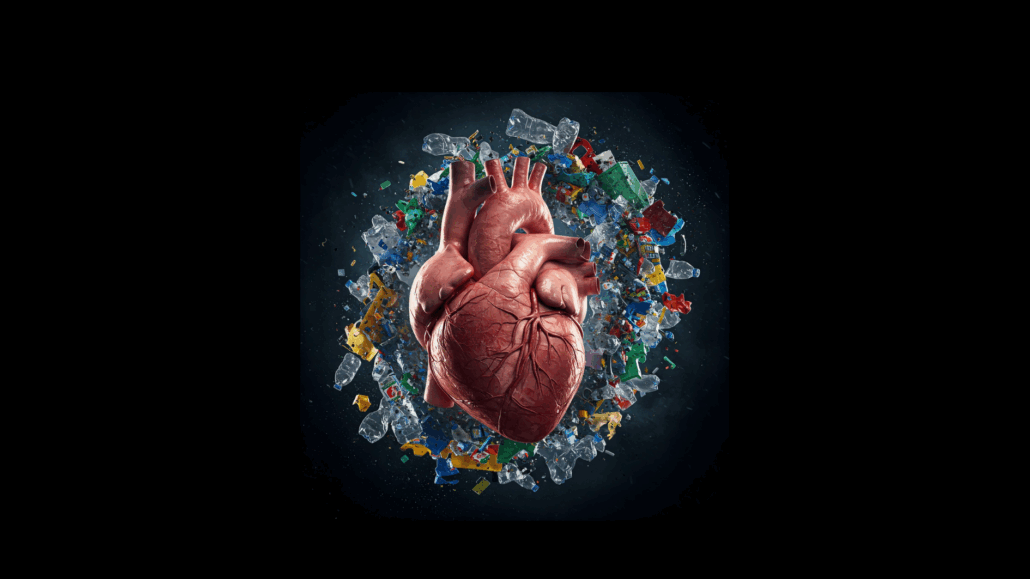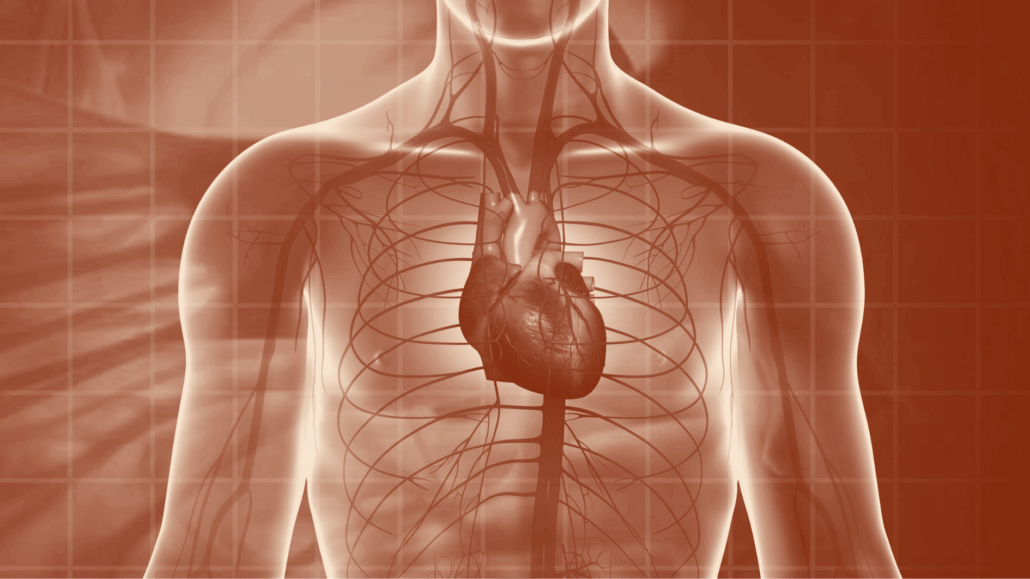We include products in articles we think are useful for our readers. If you buy products or services through links on our website, we may earn a small commission.
Common Chemicals in Plastic Linked to Over 350,000 Deaths From Heart Disease

Table of Contents
In today’s fast-paced, convenience-driven world, plastic is everywhere—food containers, water bottles, packaging, even the linings of canned goods. But mounting evidence shows that these everyday conveniences come at a steep cost to our health.
A growing body of research, including a recent study published in the eBioMedicine journal, has linked chemicals found in common plastics—like phthalates and bisphenols (BPA, BPS)—to a wide range of serious health issues. Most alarming? A recent study has associated exposure to these chemicals with over 350,000 deaths from cardiovascular disease in a single year.
This article explores what that means, how these chemicals impact your body, and what steps you can take to protect yourself—especially if you’re already invested in a healing lifestyle like Keto or Carnivore.
What Are Phthalates and Bisphenols?
Phthalates and bisphenols are synthetic chemicals used in the manufacturing of plastics. They’re commonly found in:
- Food packaging and storage containers
- Plastic water bottles
- Personal care products (lotions, shampoos, deodorants)
- Canned foods (via lining materials)
- Medical equipment and IV bags
- Household cleaning products
These compounds are known as endocrine disruptors, meaning they interfere with your body’s hormone function—and this disruption can have far-reaching effects on everything from your metabolism to your heart.
The Cardiovascular Connection: Why It’s So Serious
A study published in Environmental Pollution estimated that phthalate exposure alone contributes to over 350,000 premature deaths annually in the U.S.—most from heart disease.
These chemicals can:
- Disrupt normal heart rhythm
- Contribute to atherosclerosis (hardening of the arteries)
- Increase blood pressure
- Promote systemic inflammation
- Worsen insulin resistance and metabolic syndrome
For those following a Keto or Carnivore diet to prevent or reverse metabolic dysfunction, plastic exposure can silently undermine your efforts.
Why Keto/Carnivore Followers Should Pay Attention
If you’re on a healing path with a low-carb, nutrient-dense diet, you’re already prioritizing your metabolic and cardiovascular health. But toxins from plastics can derail that progress in subtle but damaging ways.
On Keto or Carnivore, you’re more likely to:
- Cook and store homemade meals
- Use animal fats (which can absorb and store toxins more easily)
- Reheat leftovers
- Consume high-fat foods that draw chemicals out of plastic more readily
That means minimizing plastic exposure is not just ideal—it’s essential for maximizing the benefits of your dietary efforts.
How to Reduce Plastic Exposure in Daily Life
Small changes add up. Here are practical steps you can take:
- Store food in glass or stainless steel — Avoid plastic containers, especially for fatty foods or anything that will be reheated.
- Switch to glass or metal water bottles — Ditch single-use plastics and avoid drinking from plastic in hot environments (like a hot car).
- Use non-toxic cookware — Replace Teflon or plastic utensils with cast iron, stainless steel, or ceramic alternatives.
- Don’t microwave in plastic — Heat accelerates the leaching of chemicals into your food. Use glass or ceramic instead.
- Read labels on personal care and cleaning products — Look for “phthalate-free” and “BPA-free,” and opt for natural, non-toxic brands when possible.
- Choose fresh, unpackaged foods — The less processed your food, the less likely it’s been sitting in plastic.
Final Thoughts: A Cleaner Body Starts With Cleaner Choices
The science is clear: plastics are not neutral. The chemicals they release can alter your hormones, damage your heart, and increase your risk of chronic disease—even when you’re doing everything else “right.”
By becoming aware of plastic exposure and making more conscious choices, you can take another powerful step toward a stronger heart, a healthier gut, and a more resilient body.
Your diet is the foundation—but the environment you live in matters, too. Minimizing chemical exposure is a key part of any long-term health strategy—especially for those on a path of deep healing.














